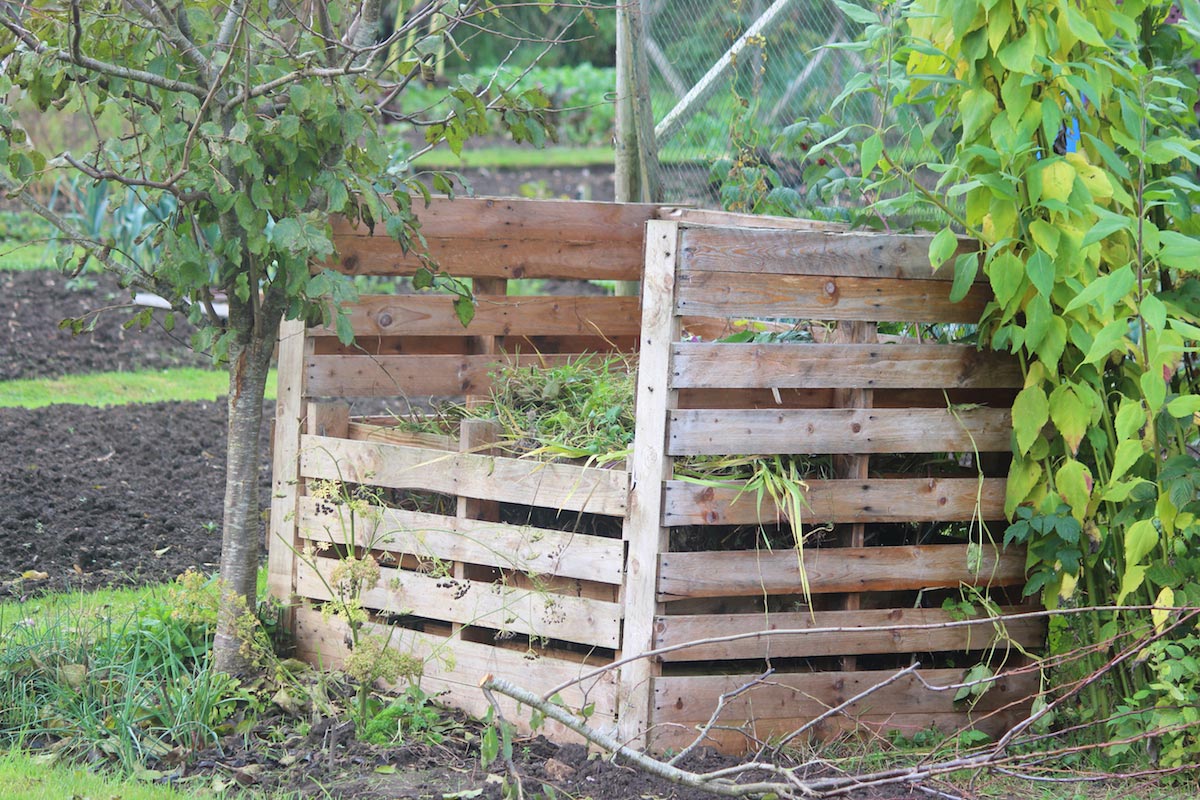More use of natural manure yielding better crops with less toxicity to your plants
05/03/2016 / By usafeaturesmedia

(Homesteading.news) Long the standard used in supposed “science-based” agriculture, chemical fertilizers have largely become the norm in modern farming. But these synthetic and man-made varieties are becoming increasingly more expensive and difficult to obtain, which is driving many farmers back to good, old-fashioned animal manure.
Before commercial agriculture techniques gained widespread use, farmers used composted animal manure to replenish soil nutrients and increase crop yields. Today, the vast majority of large-scale farming operations use commercial fertilizers like mined phosphorus, a necessary but non-renewable fertilizer, and ammonium polyphosphate, a synthetic phosphorus fertilizer that has become highly expensive.
But dwindling resources and rising costs could be shifting the fertilizer industry away from synthetic and mined sources and towards simple, renewable animal sources. After all, manure from healthy animals that has been properly composted naturally contains high levels of nitrogen, phosphorus, potassium, beneficial microbes, aerobic bacteria and fungi essential for soil building, and calcium — all of which result in amazing produce.
A recent story in The Atlantic explains that many commercial farmers are turning to animal manure instead of expensive commercial fertilizers that actually deplete soil health over time. What many are realizing is that they actually need natural, organic matter like animal manure to replenish soil and grow healthy, nutritious crops.
And it is not only animal manure that benefits soil. Plant waste and other organic matter, as long as it is not tainted with heavy metals and other toxic material, is perfect compost material for cropland. It will continually renew the integrity of soil and provide crops with vital nutrients year after year.
Unfortunately, many of the animals raised commercially in the U.S. are tainted with genetically-modified (GM) feed, growth hormones and antibiotics, and improper living conditions, all of which produce manure that is not exactly pure. But hopefully shifting demand will continue to improve the quality of animal manure and perpetuate its use as a viable, organic and renewable source of soil fertilizer.
More:
- These non-toxic garden remedies will have your plants healthy and producing like champs
- How to freeze your garden goodies so you can enjoy them all winter long
- Composting solutions for every situation – NaturalNews.com Blogs
Homesteading.news is part of the USA Features Media network.
Tagged Under: compost, crops, fertilizer, gardening




















